How to keep Gen Z coming back to your brand
Life stages change everything for Gen Z—from what they buy to who they trust.
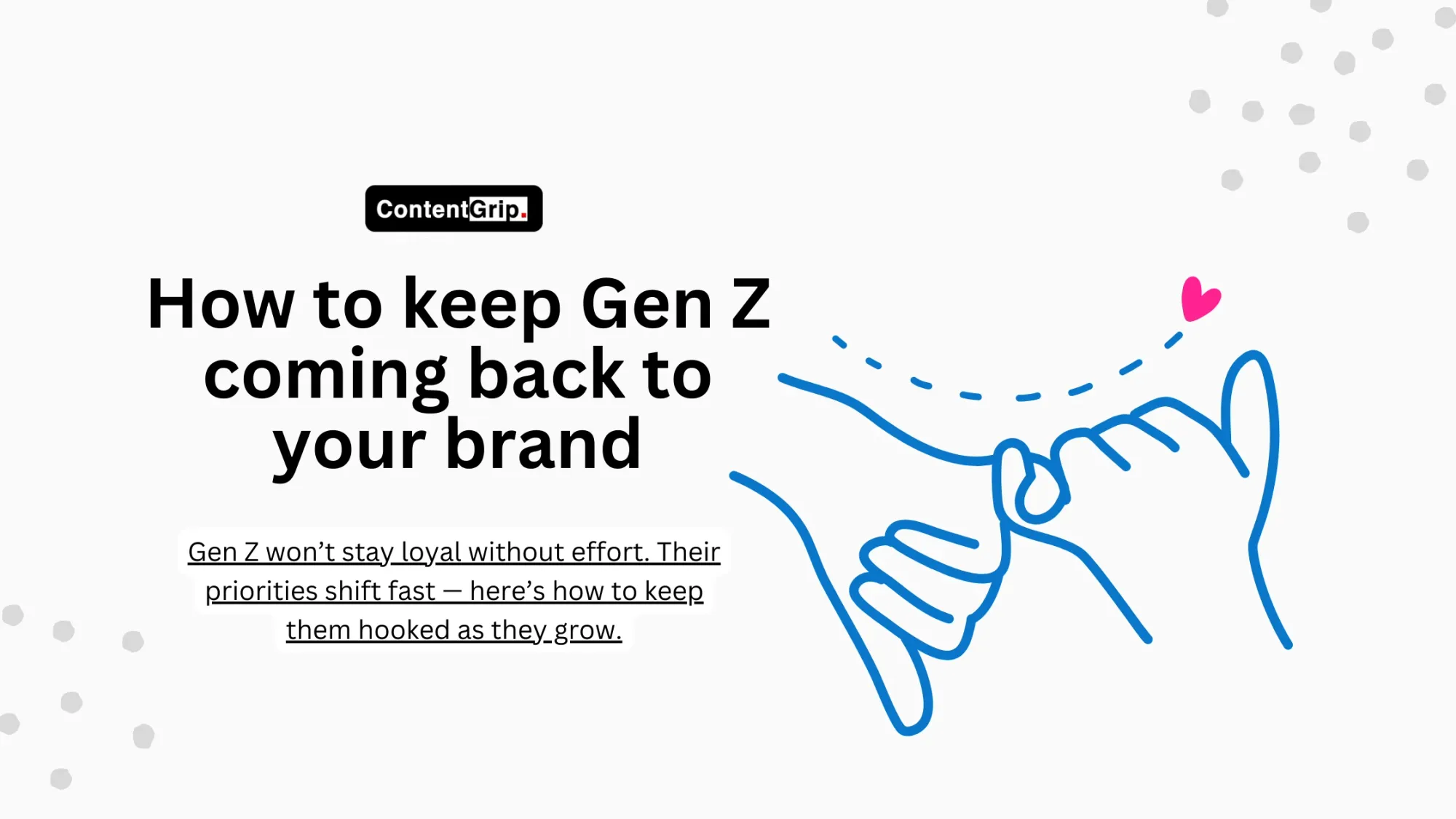
Gen Z isn’t just about TikTok dances and viral trends anymore. By 2025, their purchasing power is growing, driven by the life stages they’re navigating.
This generation, born between 1996 and 2012, will make up a quarter of APAC’s population by 2025. Along with Millennials (born 1980–1995), they will compose half of APAC’s consumers.
Even if your brand connects with Gen Z now, their evolving life stages will shape their needs and the platforms they prefer. Ignoring these shifts risks losing their loyalty as they mature.
With their significant numbers in APAC, it’s time to rethink long-term loyalty strategies. One of the simplest starting points? Understanding their life stages.
At ContentGrip, we see this as a unique opportunity. Gen Z is the first fully digital native generation, born into a world with the internet and social media already established.
By combining the classic idea of life stages with the unique nature of Gen Z, we aim to simplify what they prioritize and expect at each stage of their lives.
This includes exploring how their priorities shift as they move from students to professionals, what platforms they rely on at different stages, and how these transitions affect their relationship with brands.
We’ll also look at how their purchasing decisions are shaped by financial independence, career goals, and growing ethical concerns like sustainability.
💡 Pressed for time? Here’s what matters:
- Gen Z’s loyalty evolves with life stages. Brands that adapt to their changing priorities, platforms, and values will retain their trust.
- Students prioritize affordability and trends, while early professionals care about career tools and ethics. By their late 20s, stability and sustainability are key.
- Platform preferences shift too—TikTok and Instagram dominate for students, while professionals turn to LinkedIn and Reddit. Older Gen Z seeks meaningful, value-driven content.
- Transparency and sustainability aren’t optional for Gen Z. They expect brands to align with their values and take authentic action.
- Loyalty programs need to grow with them, offering student discounts, eco-friendly rewards, and flexible payment options like Buy Now, Pay Later.
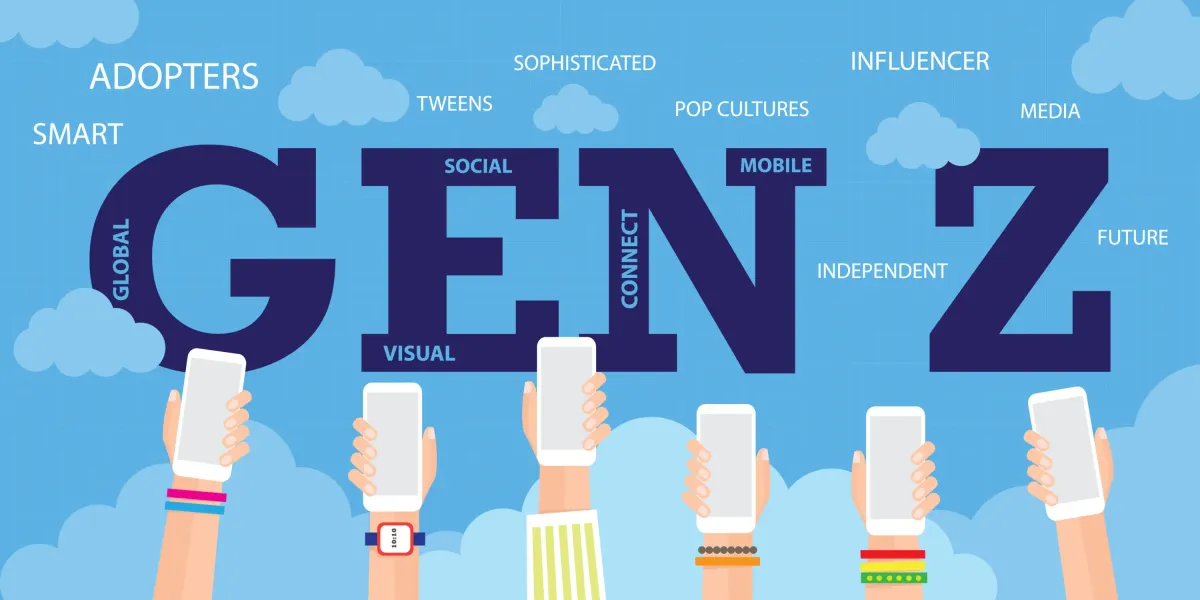
Start by understanding what Gen Z customers expect at different ages.
Gen Z’s loyalty isn’t fixed—it changes as they grow. Their needs and expectations shift as they move from students to professionals and eventually young adults seeking stability.
Even if you have a clear profile of Gen Z, including their ages, life stages offer deeper insights. Age alone doesn’t explain behavior. Life stages reveal their priorities, challenges, and what drives loyalty—and these differ across generations.
For Gen Z, being digital natives influences every life stage. Unlike older generations, who adapted to technology, Gen Z grew up with the internet and social media. This shapes how they interact with brands and make decisions.
Take two 22-year-olds as an example. A student prioritizes affordability and trends, spending time on TikTok and Instagram. Meanwhile, a professional in their first job looks for career tools and ethical products, engaging more with LinkedIn or value-based campaigns.
Generational traits also impact expectations. For students, being digital natives means they expect instant gratification, seamless online experiences, and peer-driven content. As they mature, they carry these habits into adulthood but expect brands to adapt to their new priorities, like sustainability and long-term value.
Assuming loyalty built during their student years will last forever is risky. Life stages help brands stay relevant, ensuring they grow with Gen Z and meet their evolving needs while leveraging their digital-first habits.
Finally, as young adults in their late 20s, Gen Z gravitates toward stability and long-term value. They are no longer satisfied with disposable goods or shallow brand messages. Instead, they look for brands they can trust—ones that offer durability, purpose, and values that align with their own.
Then, know their priorities in each life stage
As we’ve seen, Gen Z’s life stages reveal how their behaviors and values evolve over time. Along with these shifts in traits comes a clear change in priorities—what they care about, what they spend on, and what keeps them loyal.
For students, affordability and trends are everything. Their limited budgets come from part-time jobs, family support, or student loans. Viral content on TikTok or Instagram heavily influences what they buy. Discounts and trendy, low-cost products make brands like Spotify Student and Shein popular with this group.
Early professionals focus on independence and values. Once they start earning full-time salaries, they begin looking for quality and purpose. Career tools, like LinkedIn Premium, and ethical products, like Fairphone, catch their attention because they combine practicality with sustainability.
For young adults, stability and trust are key. By their late 20s, Gen Z cares more about long-term value. They want durable, sustainable products that align with their bigger goals, like saving or investing. Patagonia’s focus on eco-consciousness and Levi’s emphasis on durability resonate deeply with this group.
What worked in one life stage won’t carry over automatically to the next. Adjusting how your brand communicates and what it offers ensures Gen Z sticks with you as their priorities evolve.
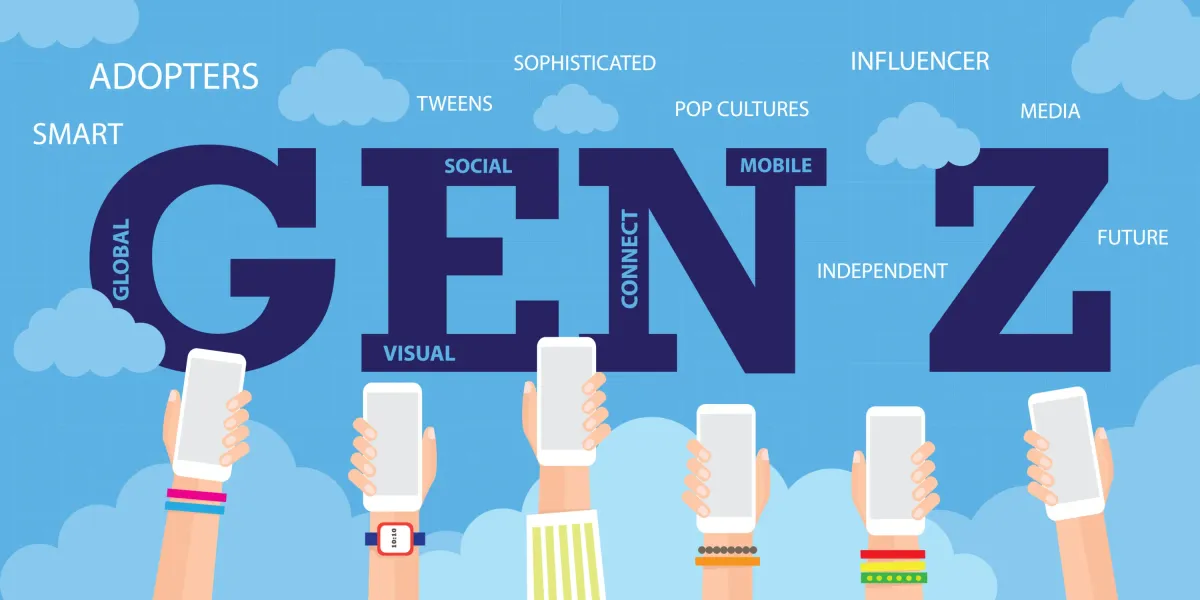
Adapt platform strategies as they grow
Just as Gen Z’s priorities shift with life stages, so do their platform preferences. The way they interact with platforms reflects their current needs—what entertains them as students might not resonate when they enter the workforce or seek stability. Brands that adjust their platform strategies to match these changes can stay relevant and keep Gen Z engaged.
During their student years, platforms like TikTok, and Instagram dominate. TikTok, in particular, is a hub for trends and viral content, with over 1 billion active users globally. Students turn to these platforms for entertainment, inspiration, and social connection. Engaging this group requires creating fun, shareable content that resonates with their peer-driven culture.
As early professionals, Gen Z gravitates toward platforms that align with career and lifestyle goals. LinkedIn becomes increasingly relevant for networking and career-focused content, while Reddit serves as a go-to space for advice and niche community discussions. These preferences vary by region—platforms like LinkedIn gain particular traction in career-oriented markets like APAC.
By their late 20s, Gen Z becomes more selective about the platforms and content they engage with. They maintain a presence across social and professional platforms but prioritize substance over flash. Informative, meaningful content that aligns with their values—such as sustainability updates or detailed product insights—is far more effective at capturing their attention.
Build trust by aligning with their values
Gen Z also grows with different values. According to McKinsey, Gen Z shares a strong concern for sustainability and making a positive environmental impact, values they hold in common with Millennials. However, Gen Z pushes these expectations further—they demand transparency and concrete action from brands.
For this generation, ethical practices such as fair labor policies, eco-friendly manufacturing, and carbon neutrality are not optional—they are the foundation of trust. McKinsey reports that 73% of Gen Z globally are willing to pay more for sustainable products, emphasizing how deeply these values influence their purchasing decisions.
Earning their trust requires more than surface-level promises. They expect consistency across everything a brand does, from its production practices to its communication. Performative efforts or "greenwashing" are quickly called out, making authenticity essential for long-term relationships with this generation.
Trust isn’t built overnight. Brands that fail to reflect Gen Z’s values, or communicate them effectively, risk losing loyalty to competitors who can. For Gen Z, a brand’s actions must align with their principles—they see values not as an add-on, but as a necessity.
Create loyalty programs that grow with them
Loyalty programs need to evolve alongside Gen Z’s life stages. This generation expects flexibility and personalization, rejecting static, one-size-fits-all models.
For students, loyalty programs that offer discounts or affordable packages address their immediate financial challenges. Programs designed to feel accessible and tailored to their stage in life can help foster early connections.
As they transition into early professionals, practicality and purpose become priorities. Rewards tied to sustainable choices, like earning points for environmentally friendly purchases or recycling, resonate deeply. Career-focused perks, such as access to tools or services that help them grow professionally, also stand out.
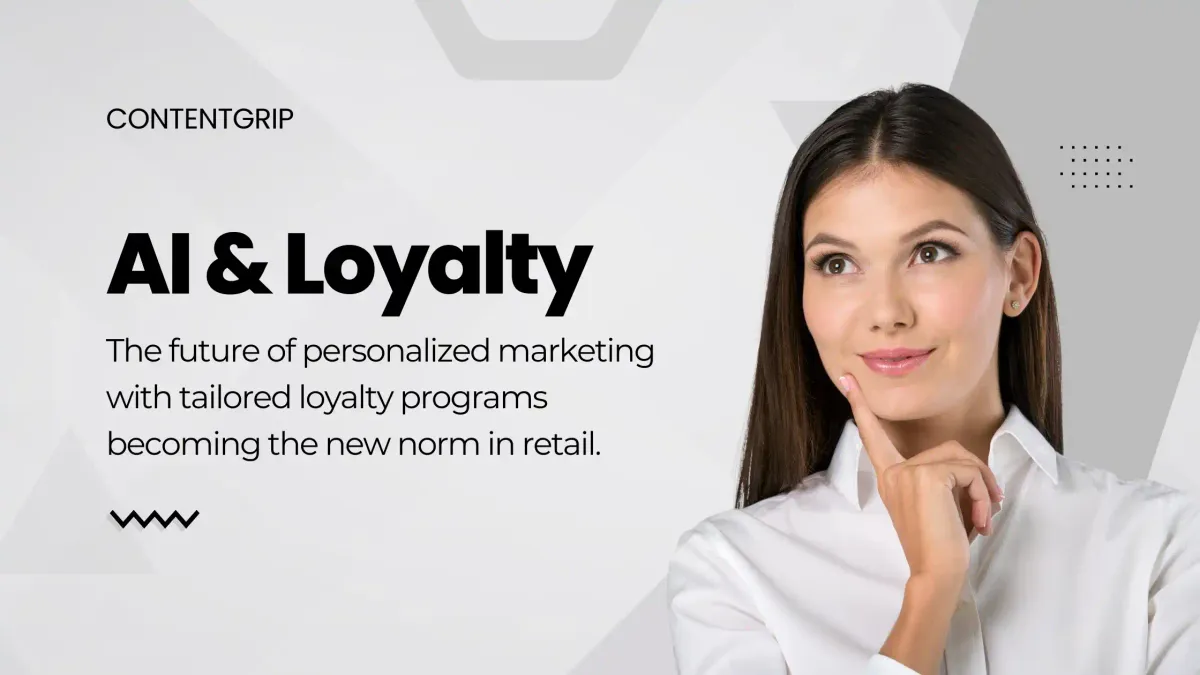
For older Gen Z, programs that align with their long-term values are key. Initiatives that promote sustainability, like trade-ins or rewards for responsible consumption, strengthen trust and encourage ongoing loyalty.
Additionally, Buy Now, Pay Later (BNPL) options are increasingly important for capturing Gen Z’s loyalty, especially in APAC. These services make higher-value purchases more manageable, reflecting how this generation approaches affordability without sacrificing their aspirations. Integrating BNPL into your strategy demonstrates a clear understanding of their financial behaviors and priorities.
If keeping Gen Z loyal is your goal, understanding their life stages is just the beginning. Their expectations don’t stop at affordability or sustainability—they’re constantly evolving, and so should your strategies.
Want to dive deeper into what Gen Z really expects from brands? Check out our article, What Gen Z expects from brands, for actionable insights on how to meet this influential generation where they are today—and where they’re headed next.
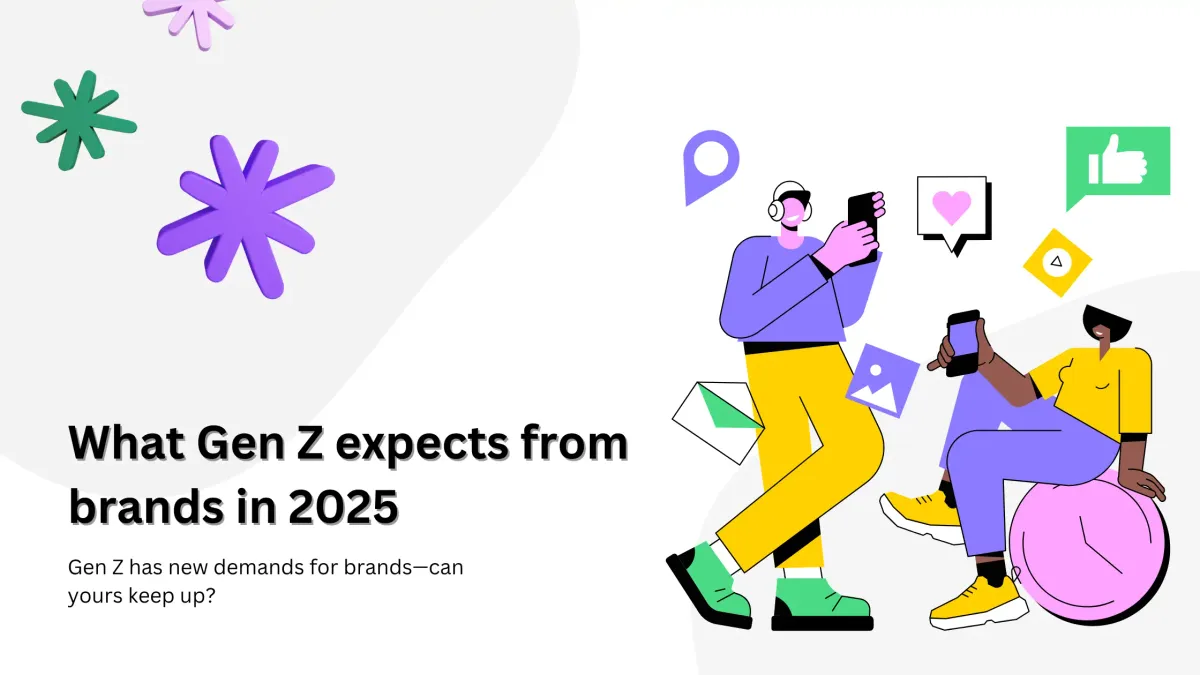
FAQs
Does Gen Z care about brand loyalty?
Yes, but their loyalty depends on how well a brand adapts to their evolving life stages. Gen Z values brands that meet their changing needs—whether it’s affordability as students, career-focused tools as professionals, or long-term value as young adults. If a brand fails to keep up, they’ll quickly move on.
Which generation is the most brand-loyal?
Millennials are often seen as more brand-loyal overall, but Gen Z’s loyalty is highly conditional. They demand transparency, sustainability, and ethical practices from brands. Brands that reflect these values and adapt to Gen Z’s changing priorities can earn their trust and keep them coming back.
What is Gen Z's attitude towards brands?
Gen Z is discerning and skeptical. They don’t just want products—they want brands to stand for something. Trust is built through authenticity, ethical practices, and aligning with their values. Brands that fail to communicate their efforts effectively or engage in "greenwashing" risk losing this generation’s trust entirely.
What are Gen Z brand values?
Gen Z places high importance on sustainability, inclusivity, and ethical production. They also value innovation and seamless digital experiences. As digital natives, they expect brands to align with their social and environmental concerns while providing transparency at every level.






